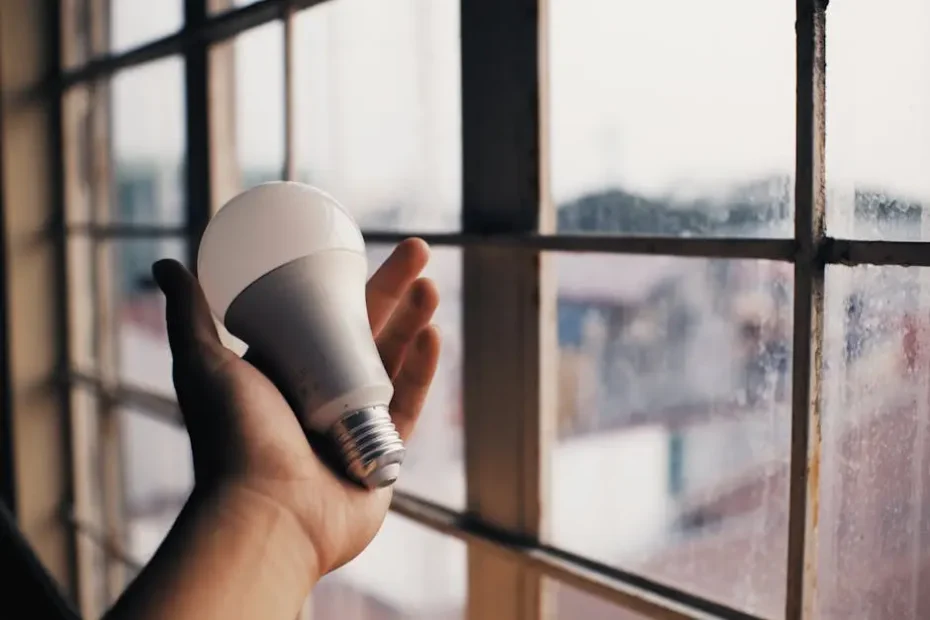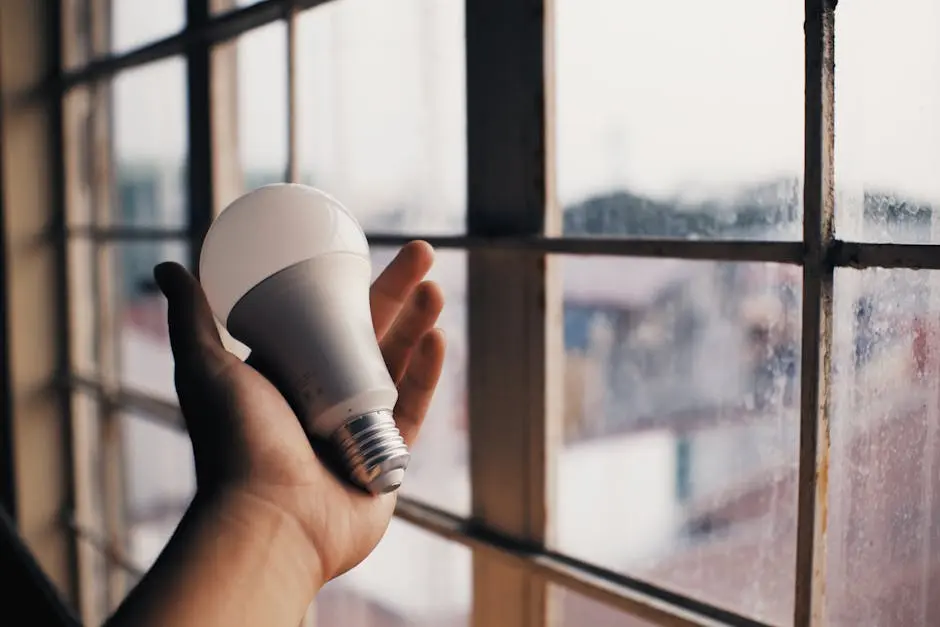When it comes to improving energy efficiency in your home, two popular options often come to mind: installing new windows or upgrading insulation. While both can significantly reduce energy costs and enhance comfort, understanding the unique benefits and considerations of each choice can help you make a more informed decision. In this blog, we’ll break down the advantages of new windows and insulation, discuss key factors to consider, and provide guidance on which option might be best suited for your home.
Understanding Energy Efficiency in Your Home
Energy efficiency in a home refers to the effective use of energy to provide the same service while consuming less energy. This concept is vital, as it not only helps in minimizing energy bills but also reduces the carbon footprint of your household. Many homeowners may not realize the impact of simple changes they can implement; it’s about making informed decisions that can yield substantial long-term savings.
One common misconception is that improving energy efficiency requires a significant upfront investment. While it’s true that some changes might necessitate a budget, it’s essential to remember that even small adjustments—like sealing drafts or replacing outdated bulbs—can lead to noticeable improvements in energy usage. When evaluating your home’s energy efficiency, consider not just the financial implications, but also the comfort and environmental benefits that follow.
The Role of Windows in Energy Efficiency
Windows are a critical component of energy efficiency in any home. They serve as the eyes to the outside world, but they also play a significant role in thermal performance. Poorly insulated or outdated windows can lead to substantial energy loss, making heating and cooling systems work harder than necessary. This inefficiency translates to increased energy bills and decreased comfort.
Investing in new windows can dramatically improve your home’s energy efficiency, especially if you opt for windows with double glazing or other advanced technologies. These windows not only minimize heat transfer but also enhance natural light, creating a more inviting space. It’s fascinating how a single upgrade can impact both energy costs and the overall aesthetic of your home.
In addition, modern window designs can integrate features like Low-E glass, which reflects heat while allowing light to enter. This innovation is particularly beneficial in regions experiencing extreme temperatures. Furthermore, selecting the right window frames—such as those made from vinyl or fiberglass—can enhance thermal performance. Therefore, understanding the role of quality windows is essential for any homeowner seeking to improve energy efficiency.
Benefits of Upgrading to New Windows
Upgrading to new windows offers a plethora of benefits beyond just better energy savings. One of the most immediate advantages involves increased comfort; newer windows can eliminate drafts and cold spots, ensuring that your indoor temperatures remain stable throughout the year. This improvement alone can make your living environment much more enjoyable.
Another often-overlooked benefit of new windows is increased home value. Many potential buyers are looking for energy efficiency features, and having modern windows could set your home apart in a competitive market. Additionally, newer windows often come with warranties that protect your investment, giving you peace of mind that your upgrade will last for many years.
Moreover, new windows can also enhance your home’s curb appeal. With various styles, colors, and finishes available, modern windows can upgrade the look of your home while simultaneously providing functional benefits. It’s a win-win situation where form meets function seamlessly.
How Insulation Affects Energy Consumption
Just as windows play a critical role in energy efficiency, so too does insulation. Insulation helps to keep your home warm in the winter and cool in the summer by minimizing heat flow. It acts as a barrier that reduces the amount of outside weather entering your home, thus maintaining consistent internal temperatures.
If you have insufficient or outdated insulation, you may be surprised by how much energy you waste. In fact, a significant percentage of residential energy loss stems from poorly insulated walls, attics, and basements. Investing in quality insulation can not only boost comfort levels but also provide significant savings on energy bills over time.
Additionally, modern insulation materials are designed to provide improved thermal resistance and effectiveness. Materials like spray foam block air leaks more efficiently compared to traditional batts. Considering these advancements in insulation technology can guide you to a more energy-efficient home.
The Advantages of Adding or Upgrading Insulation
Adding or upgrading insulation can significantly enhance your home’s energy efficiency. Not only does it result in improved indoor comfort by regulating temperature fluctuations, but it also translates to lower energy costs. Homeowners often report reductions in heating and cooling expenses after investing in better insulation.
Beyond the immediate financial benefits, newer insulation materials can be more environmentally friendly. For instance, many manufacturers now offer eco-friendly insulation options made from recycled materials, which can further reduce the carbon footprint of your home. This makes insulation upgrades not only a practical choice but also a responsible one for environmentally-conscious homeowners.
Moreover, upgrading insulation can mitigate outside noise, ensuring a quieter living environment. Whether you live in a busy neighborhood or near a bustling street, soundproof insulation can greatly enhance your quality of life. It’s truly remarkable how something as simple as quality insulation can bring such a range of benefits.
Cost Considerations: Windows vs. Insulation
When considering energy efficiency improvements for your home, understanding the costs associated with both new windows and insulation is crucial. While new windows generally require a higher upfront investment, the long-term energy savings and comfort improvements they provide can often justify the expense. On the other hand, insulation tends to be less costly to install, making it a more budget-friendly option for many homeowners.
However, it’s essential to weigh these costs against the potential energy savings over time. For instance, if your windows are particularly old or inefficient, they might be causing significant energy loss that could offset their higher initial cost. Similarly, if your home lacks sufficient insulation, the ongoing energy bills from heating and cooling could accumulate quickly.
Therefore, it’s wise to conduct a thorough assessment of both options, possibly consulting energy audits or professionals who can offer insights. Sometimes, a combination of both new windows and insulation may prove to be the most effective solution. Each home is unique, and the most economical long-term decision often depends on individual circumstances.
Assessing Your Home’s Needs
Every home has unique energy efficiency needs that must be evaluated before making any improvements. An assessment often begins with a simple evaluation of your existing windows and insulation. Are there drafts or noticeable temperature variations in different rooms? This can indicate areas that need attention and can help guide your decision-making process.
Consider factors such as local climate, your home’s architecture, and how long you plan to stay in your current residence. For instance, if your home is in an area with extreme temperatures, investing in high-quality windows may yield the greatest returns. Alternatively, older homes often benefit significantly from increased insulation. It is all about tailoring your decisions to your specific living circumstances.
Making an Informed Decision
After weighing the options between new windows and insulation, it’s time to make an informed decision. Consider creating a pros and cons list for each option based on your findings from previous sections. This tool can help clarify your thoughts and reveal which solution aligns best with your energy efficiency goals.
Moreover, consulting with professionals in the field can offer valuable insights into industry trends and potential undocumented advantages or disadvantages. They might introduce you to new technologies or financing options that could ease the burden of upfront costs. Remember, energy efficiency is not just about immediate benefits—it’s about enhancing the value and comfort of your home for years to come.
Ultimately, whether you choose to invest in new windows or insulation, the key is to prioritize energy efficiency as a crucial aspect of home improvement. By making choices that reflect your needs and lifestyle, you’ll be well on your way to enjoying a more comfortable, cost-effective, and environmentally friendly home.
Making the Right Choice for Your Home
Ultimately, the decision between new windows and new insulation depends on various factors including your home’s current condition, budget, and specific energy efficiency goals. By weighing the benefits of each option and assessing your individual needs, you can make a choice that not only enhances energy efficiency but also adds to your home’s overall value and comfort.

